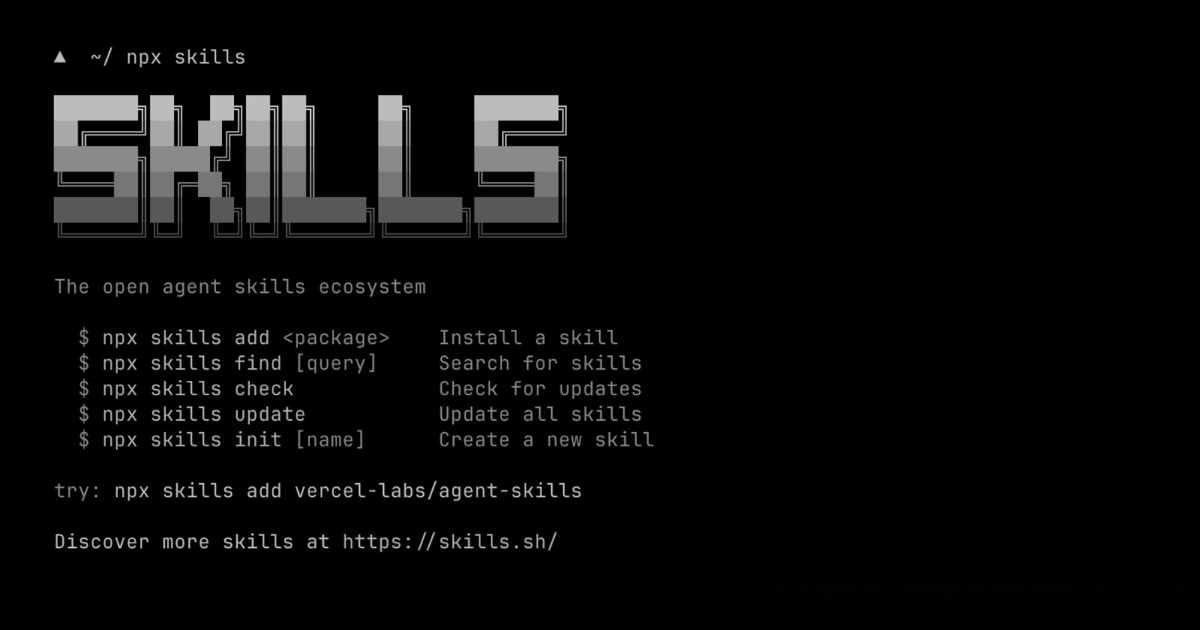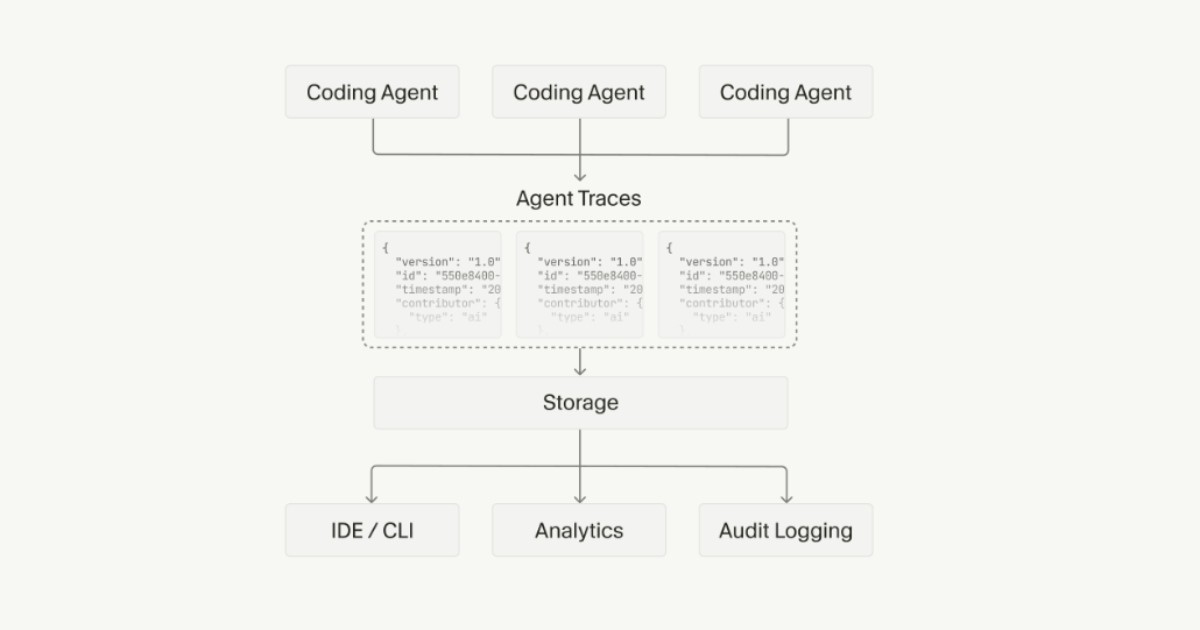Codetown
Codetown ::: a software developer's community
Replies to This Discussion
-
Permalink Reply by Rick Koloski on August 19, 2009 at 11:08pm
-
I just left a job as Chief Architect at Resort Condominiums International (RCI) to start my own company with a couple colleagues.
RCI just implemented its club platform as a hybrid JRoR / Jee app. The project met with early resistance, but was very successful and has now started a series of extensions of RCI's use of JRoR.
The reason for the "J" was the standard one - the ability to situate the Rails components in a Jee server (BEA there). -
-
Permalink Reply by Michael Levin on August 20, 2009 at 11:14am
-
Now you're talking! So, what are the basic features and a rough architecture?
Rick Koloski said:I just left a job as Chief Architect at Resort Condominiums International (RCI) to start my own company with a couple colleagues.
RCI just implemented its club platform as a hybrid JRoR / Jee app. The project met with early resistance, but was very successful and has now started a series of extensions of RCI's use of JRoR.
The reason for the "J" was the standard one - the ability to situate the Rails components in a Jee server (BEA there). -
Notes
Welcome to Codetown!
 Codetown is a social network. It's got blogs, forums, groups, personal pages and more! You might think of Codetown as a funky camper van with lots of compartments for your stuff and a great multimedia system, too! Best of all, Codetown has room for all of your friends.
Codetown is a social network. It's got blogs, forums, groups, personal pages and more! You might think of Codetown as a funky camper van with lots of compartments for your stuff and a great multimedia system, too! Best of all, Codetown has room for all of your friends.
Created by Michael Levin Dec 18, 2008 at 6:56pm. Last updated by Michael Levin May 4, 2018.
Looking for Jobs or Staff?
Check out the Codetown Jobs group.
InfoQ Reading List
Vercel Introduces Skills.sh, an Open Ecosystem for Agent Commands

Vercel has released Skills.sh, an open-source tool designed to provide AI agents with a standardized way to execute reusable actions, or skills, through the command line.
By Daniel DominguezAgent Trace: Cursor Proposes an Open Specification for AI Code Attribution

Cursor has published Agent Trace, a draft open specification aimed at standardizing how AI-generated code is attributed in software projects. Released as a Request for Comments (RFC), the proposal defines a vendor-neutral format for recording AI contributions alongside human authorship in version-controlled codebases.
By Robert KrzaczyńskiArticle: From Alert Fatigue to Agent-Assisted Intelligent Observability

As systems grow, observability becomes harder to maintain and incidents harder to diagnose. Agentic observability layers AI on existing tools, starting in read-only mode to detect anomalies and summarize issues. Over time, agents add context, correlate signals, and automate low-risk tasks. This approach frees engineers to focus on analysis and judgment.
By Rohit DhawanAstro Announces Version 6 Beta with Redesigned Development Server and First-Class Cloudflare Workers

Astro 6 Beta transforms web development with a revamped server leveraging Vite's Environment API, first-class Cloudflare Workers support, and stable live content collections. Emphasizing performance and security, it enables real-time data updates and strong Content Security Policy support. Designed for content-driven sites, Astro remains framework-agnostic amidst breaking changes.
By Daniel CurtisGitHub Reworks Layered Defenses After Legacy Protections Block Legitimate Traffic

GitHub engineers recently traced user reports of unexpected “Too Many Requests” errors to abuse-mitigation rules that had accidentally remained active long after the incidents that prompted them.
By Matt Foster
© 2026 Created by Michael Levin.
Powered by
![]()